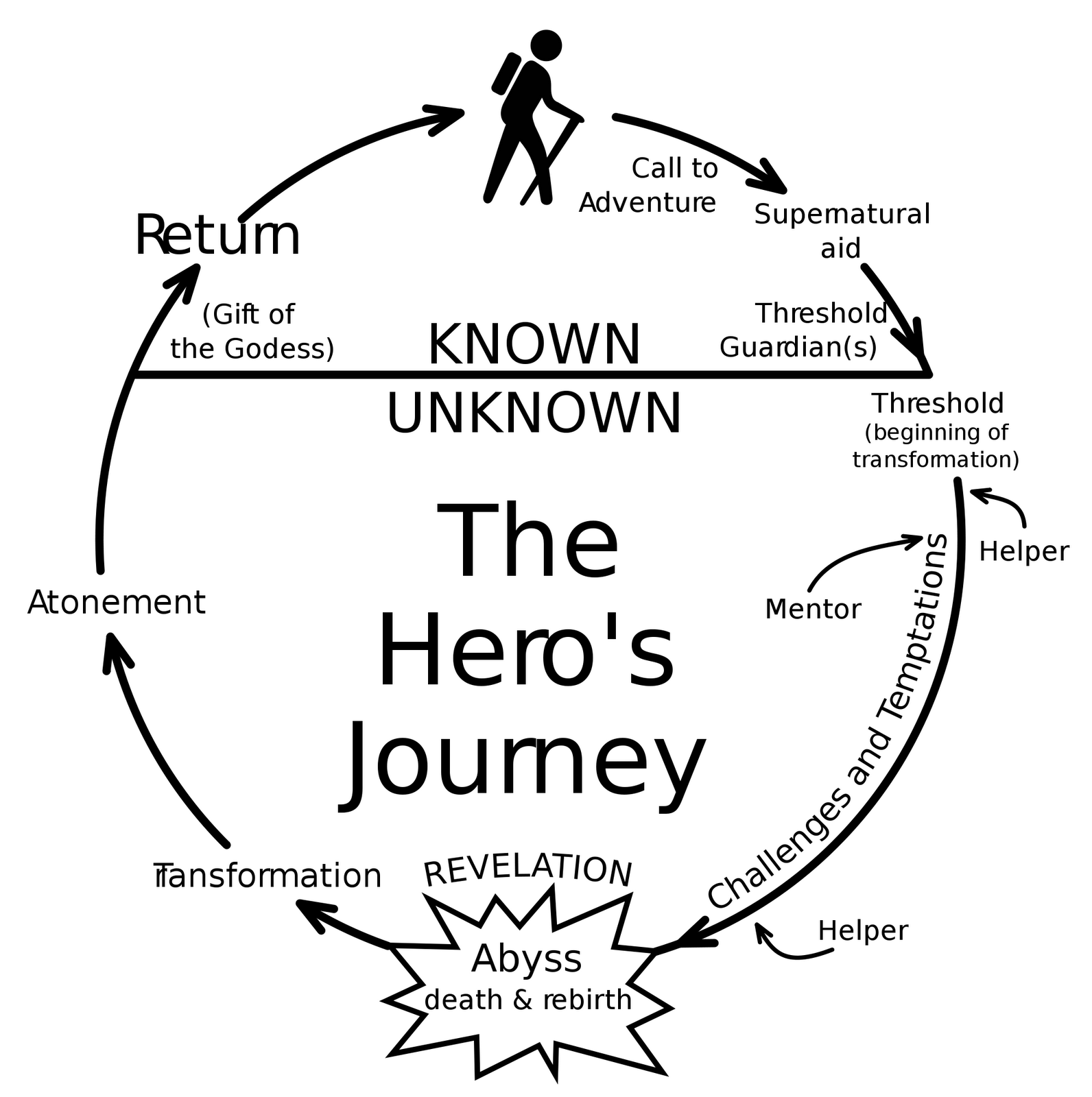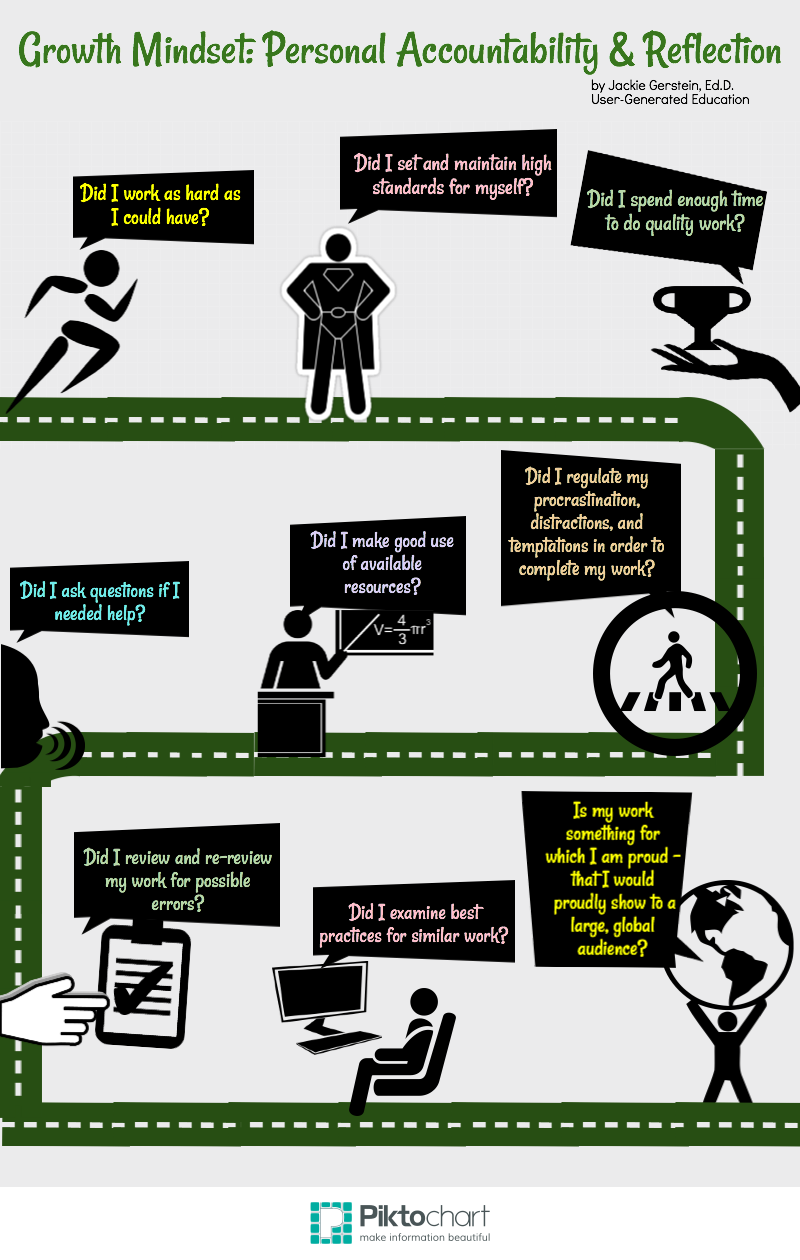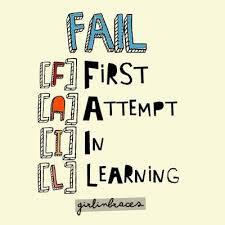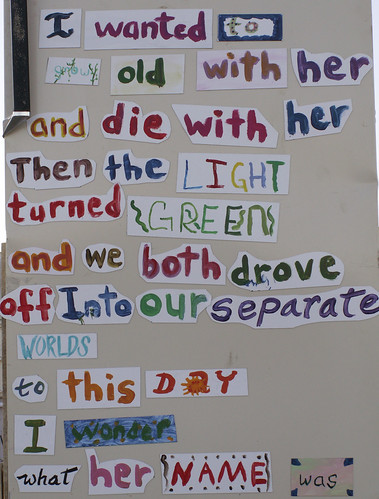“Learning Ready” Defined.
What does it mean to be “learning ready”? And why has this notion captured my imagination completely. I have decided to curate other’s thinking that in some way connects with what I am understanding to mean “Learning Ready.”
My thinking started here…
The Fisch-Richardson conversation via The Fischbowl: What options exist for our young people today beyond high school? What is the conversation that we should be having with our teens about their lives? How has the story of high school, college/university, job changed? In 2013, Karl Fisch thinks about how he can best support his kids (and his students) in thinking about their futures. Will Richardson joins the conversation with this comment that ends with the phrase “learning ready”.
Will Richardson1/7/13, 4:57 AM
-

To answer your question, no. At least not my school and most of the schools I’ve been to or heard of. On the other hand, I don’t really know how to do that myself, or how to help 14-18 year olds (at my school, anyway) get interested and engaged in that pursuit. So I certainly don’t pretend to have the “answers.”
And I agree about being “learning ready,” I’m just not sure how to get from here to there.
From Seth Godin’s Blog of December 2010
The world’s worst boss
That would be you.
Even if you’re not self-employed, your boss is you. You manage your career, your day, your responses. You manage how you sell your services and your education and the way you talk to yourself.
Odds are, you’re doing it poorly.
If you had a manager that talked to you the way you talked to you, you’d quit. If you had a boss that wasted as much of your time as you do, they’d fire her. If an organization developed its employees as poorly as you are developing yourself, it would soon go under.
I’m amazed at how often people choose to fail when they go out on their own or when they end up in one of those rare jobs that encourages one to set an agenda and manage themselves. Faced with the freedom to excel, they falter and hesitate and stall and ultimately punt.
We are surprised when someone self-directed arrives on the scene. Someone who figures out a way to work from home and then turns that into a two-year journey, laptop in hand, as they explore the world while doing their job. We are shocked that someone uses evenings and weekends to get a second education or start a useful new side business. And we’re envious when we encounter someone who has managed to bootstrap themselves into happiness, as if that’s rare or even uncalled for.
There are few good books on being a good manager. Fewer still on managing yourself. It’s hard to think of a more essential thing to learn.
From David Prices’ post via MindShift March 23, 2015
This post moves towards a more concrete definition, or at least part of a definition, of what learning ready is. It provides a checklist of six “Do its”-motivators for learning socially-that schools need to integrate into their learning environments:
- Do it yourself
- Do it now
- Do it with friends
- Do it for fun
- Do unto others
- Do it for the world to see
Yet schools who have opened their learning environments and integrated [the six learning] motivations into their learning programs are not only enhancing engagement–they are preparing their students for the adaptive, entrepreneurial future that awaits them. In short, they have realized that the best way to prepare young people for the world beyond school is to immerse them in the world beyond school, as often as possible. (my emphasis)




 tly to demonstrate what we know, what we have learned, and what we have yet to learn.
tly to demonstrate what we know, what we have learned, and what we have yet to learn.







You’ve got six years…I have less than three. And I’ve been having almost the exact same thoughts and questions running through my brain as well. The stats on the kids in our districts are very similar; the vast majority go to college right after graduation. The idea that there would be any other path for kids who have the grades to go to college is unheard of. (Tess is still getting grief about not taking the PSATs as a sophomore this year.) But my kids have known for a long time that they will have options, even though they may not be as “clear” as college. And I don’t mean vocational paths (though those are fine, too.) I mean different paths to professional success and accreditation.
But here’s the thing: are our schools preparing kids to forge their own path? To be “entrepreneurial learners” as John Seely Brown calls them, kids who are “Constantly looking around them, all the time, for new ways and new resources to learn new things”? Because if college is only one path, the other ones are forged by self-direction, organization, wonder, creation, sharing, inquiry…all those things that you and I need in order to be successful learners in our lives. Kids who don’t go to college to get a degree need to be able to design their own learning since they won’t get a course list and syllabus handed to them. They need to have skills and literacies that will allow them to learn what they need to learn, create art (as Seth Godin says) with that learning, share that learning, and “earn their influence” (as Stephen Downes says). We teaching them how to do that?
So, there’s always been that “third path” somewhere between getting a job and going to college, but now, I think it’s going to start to scale in some interesting ways. That’s why I really don’t care if my kids are “college ready” when they leave high school as long as they are “learning ready,” able to put together their own path to success.